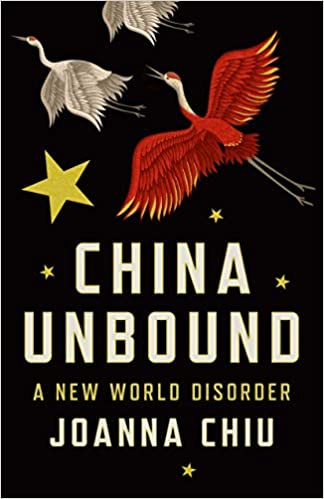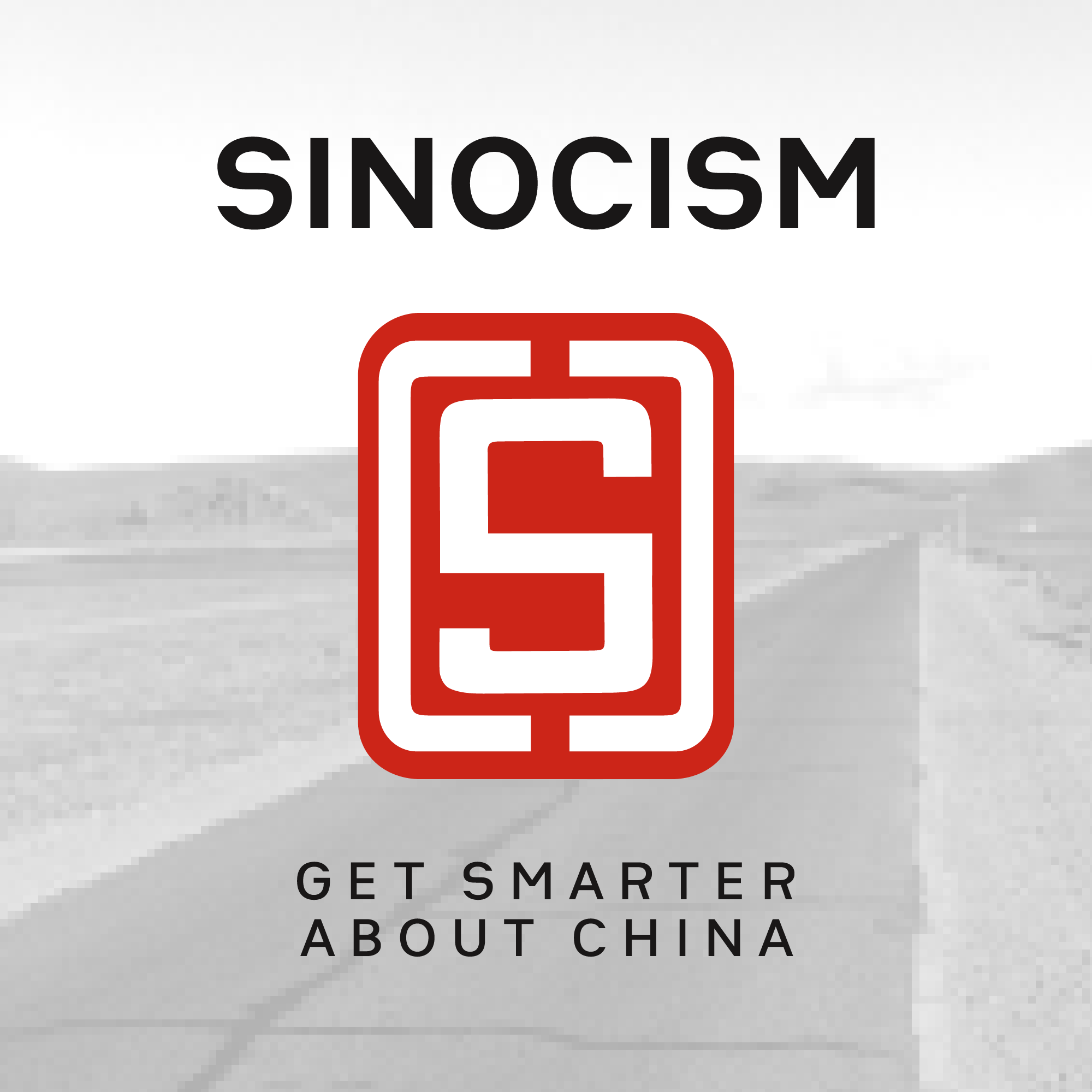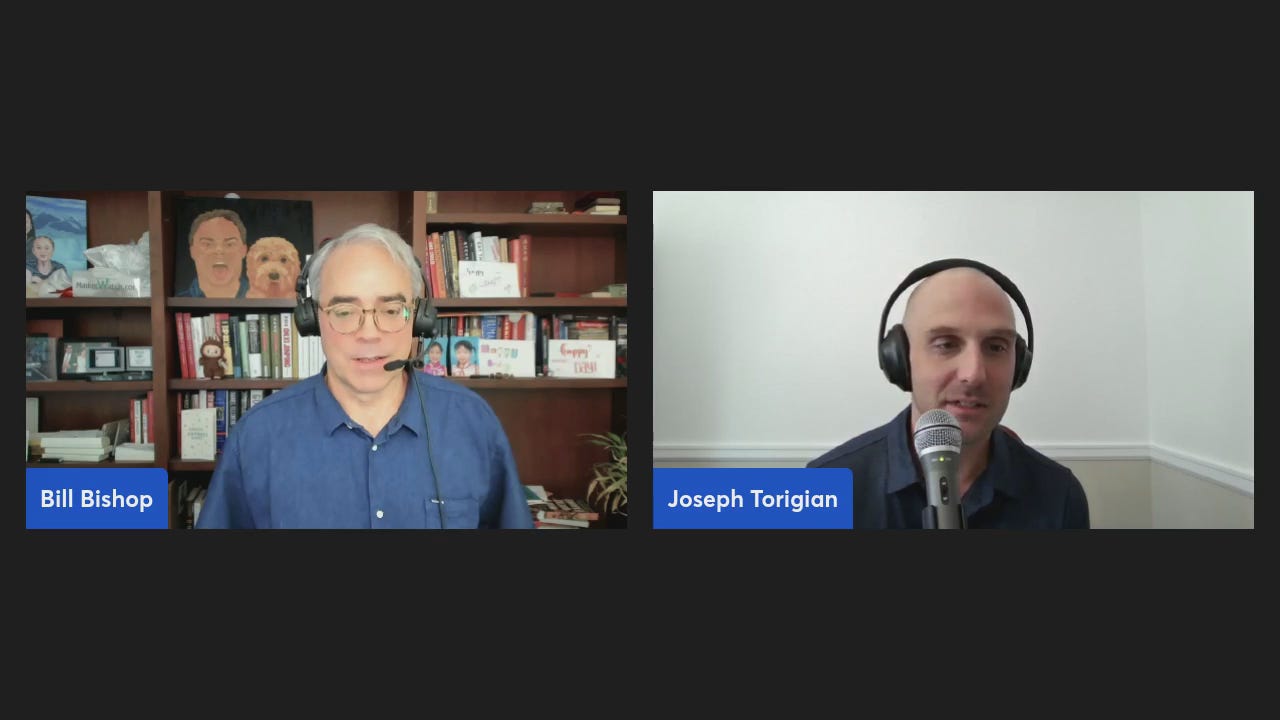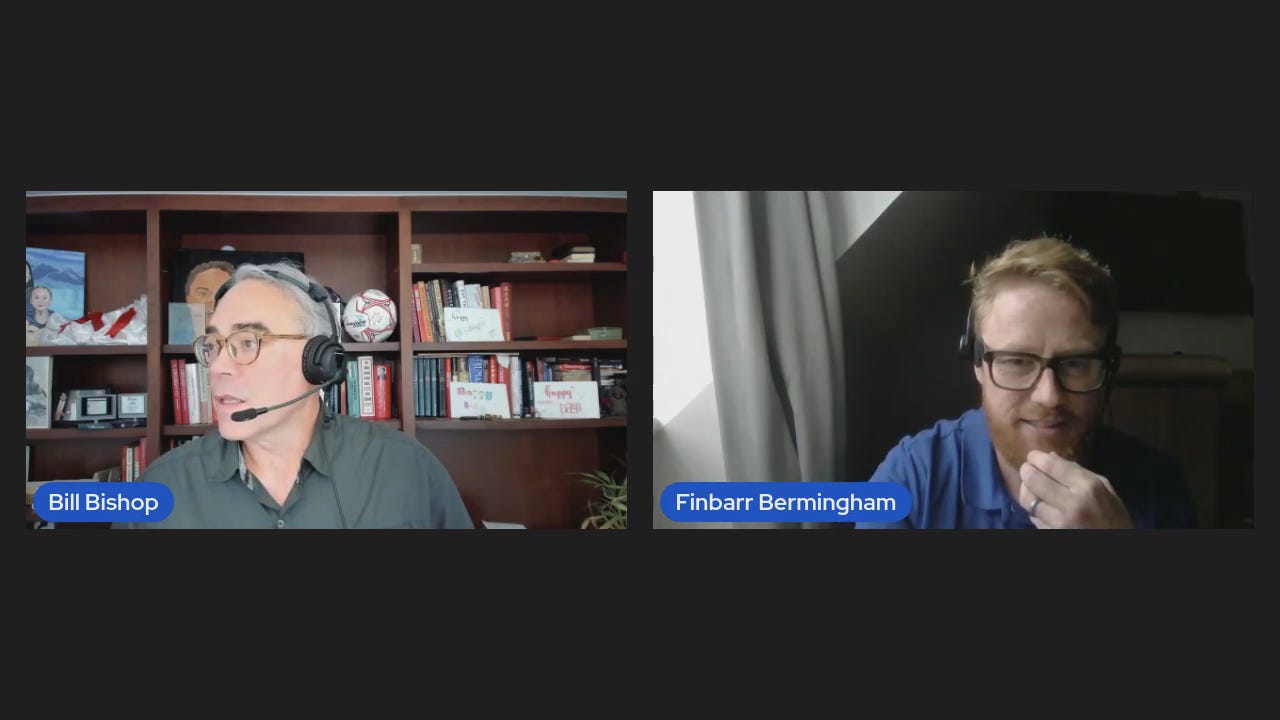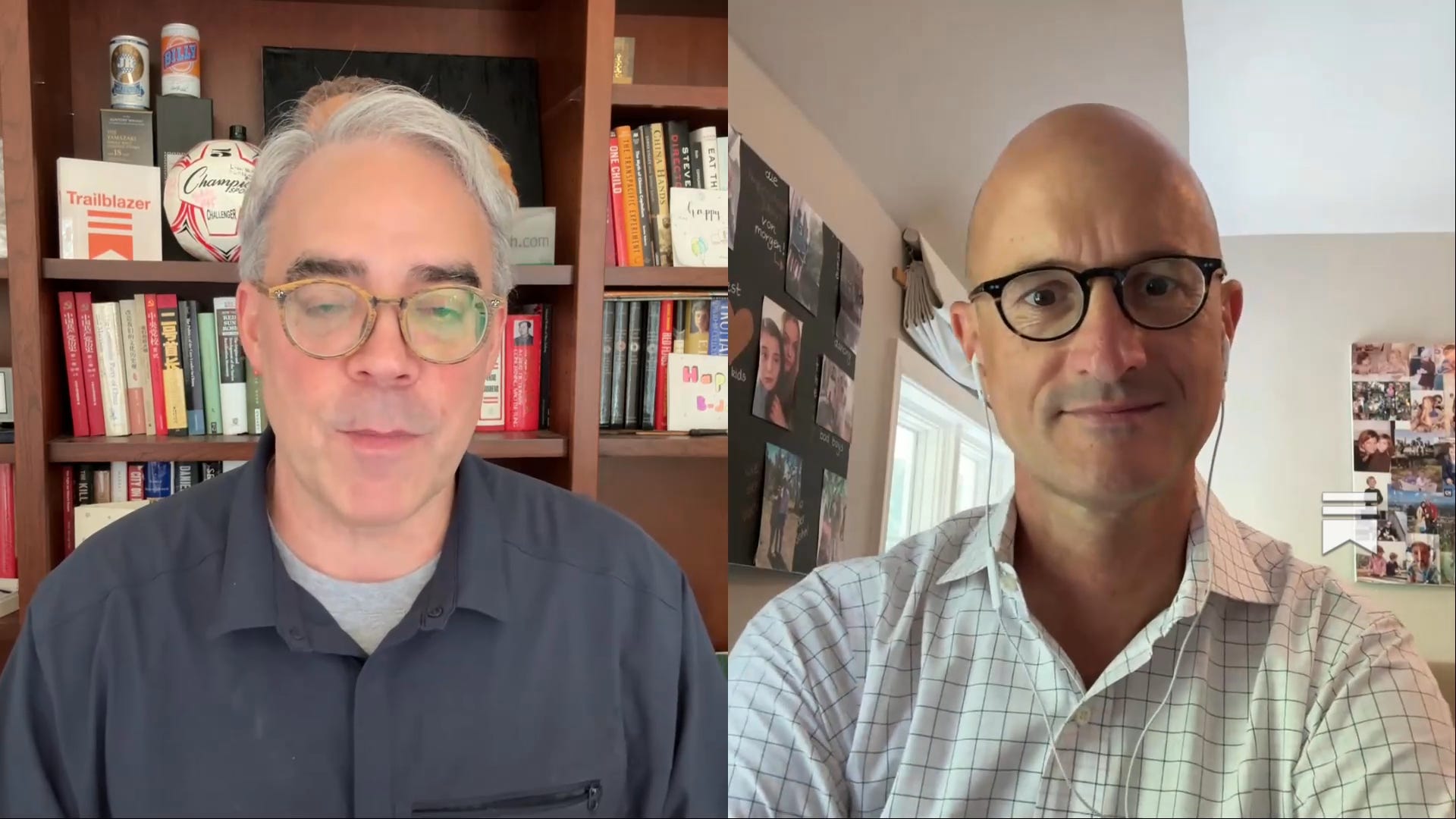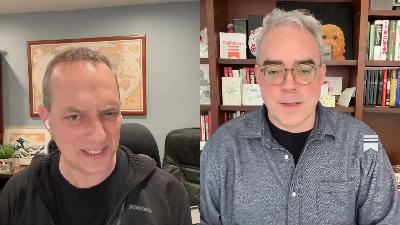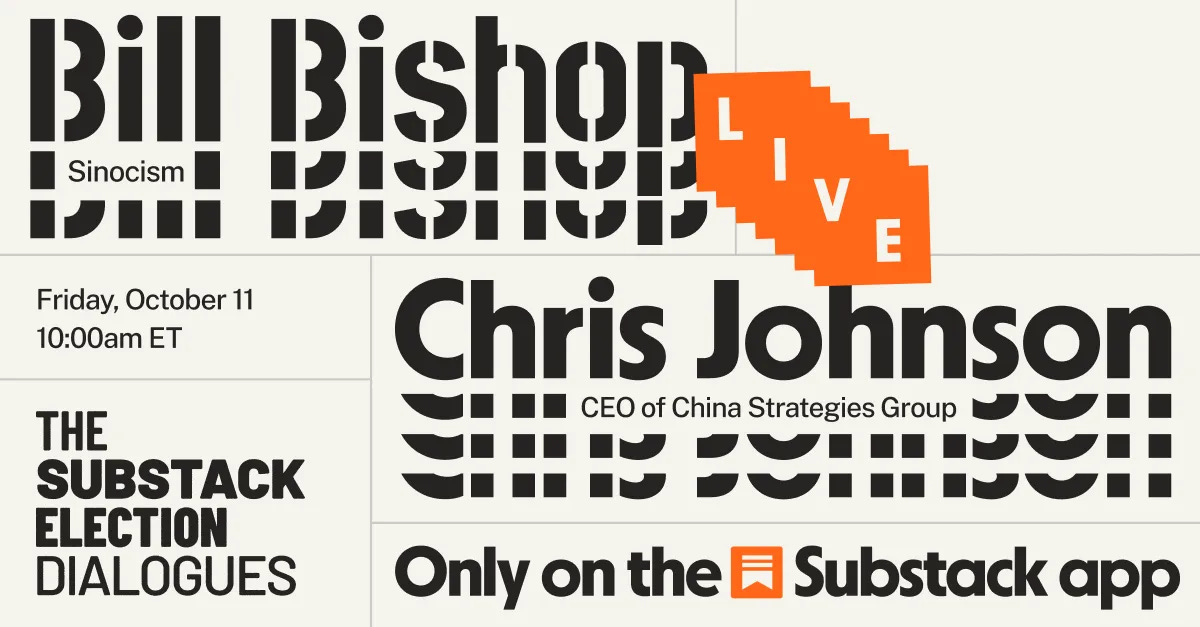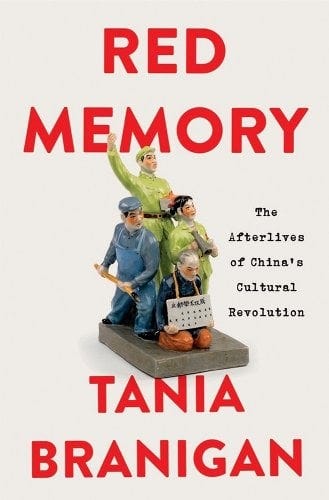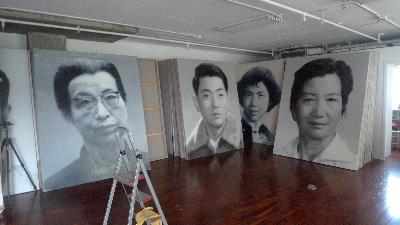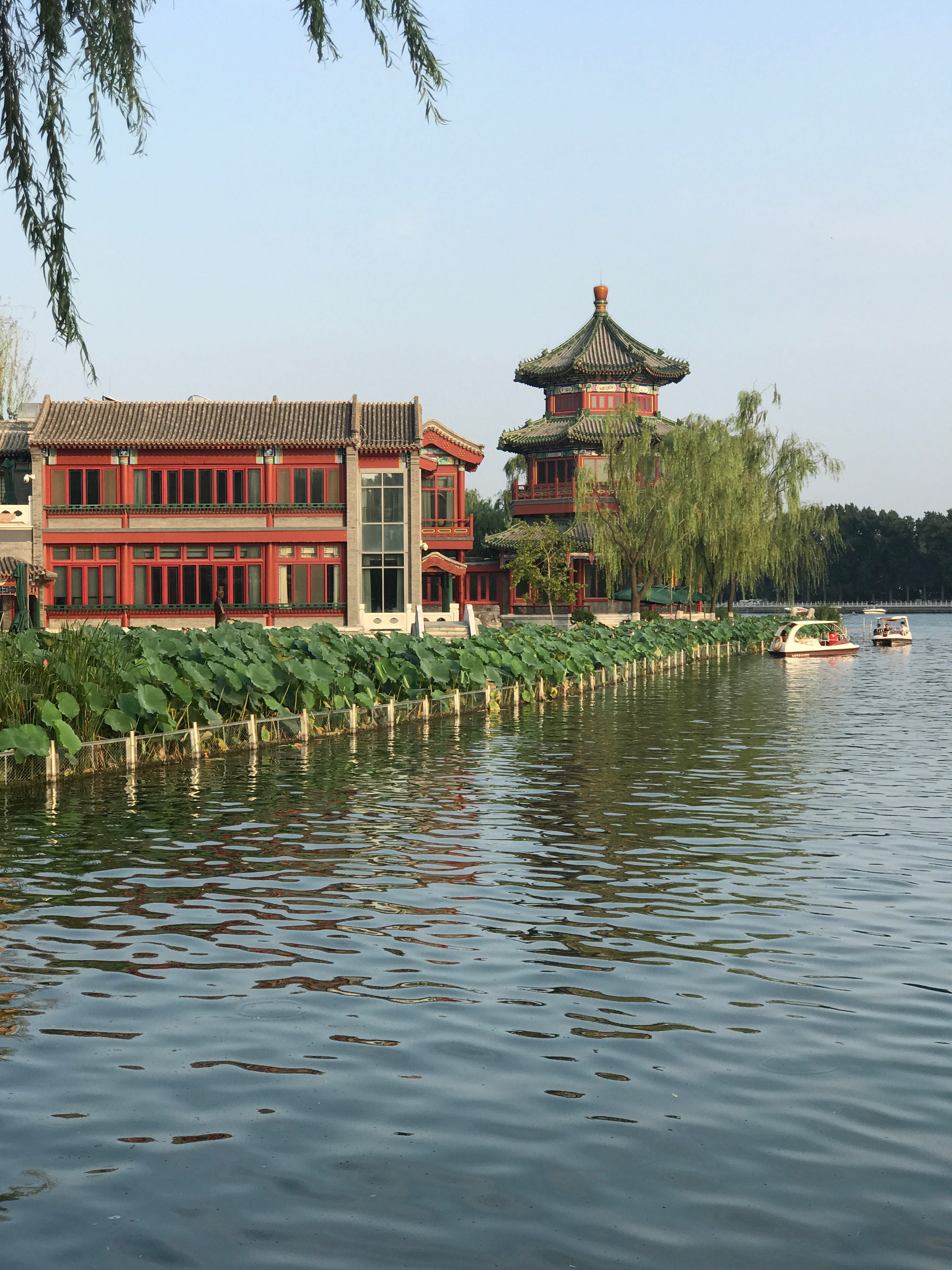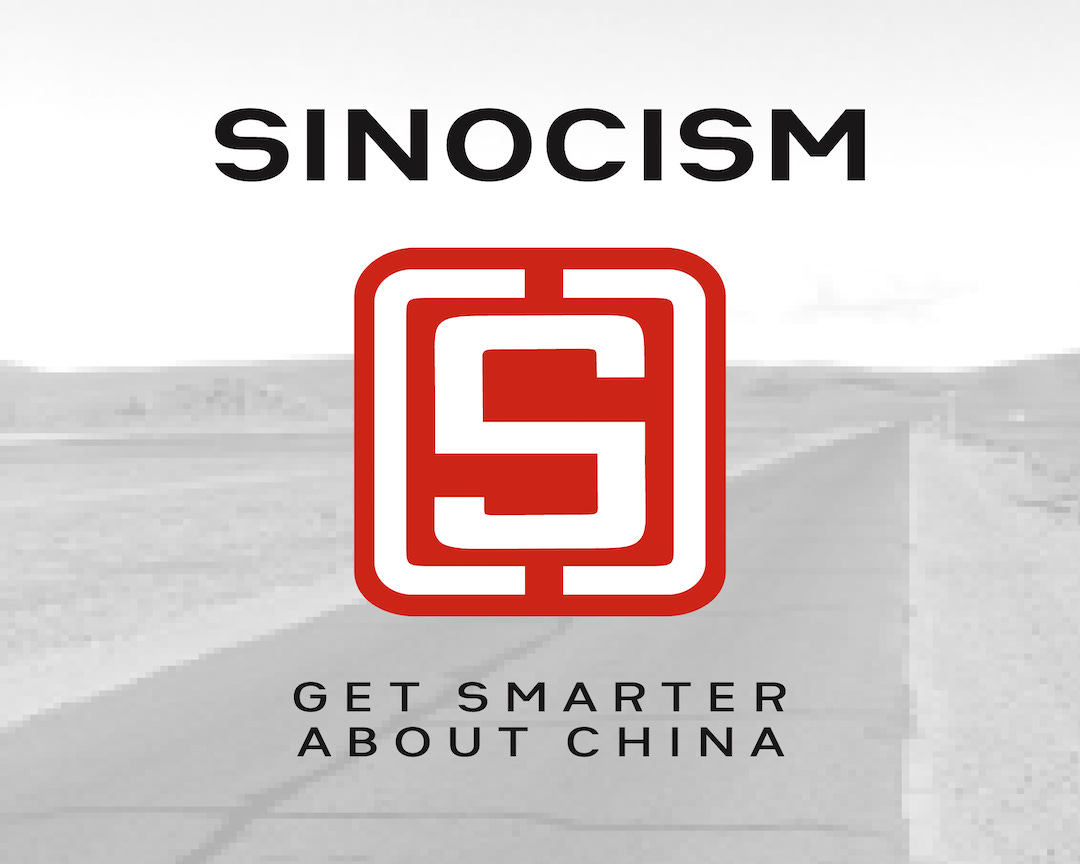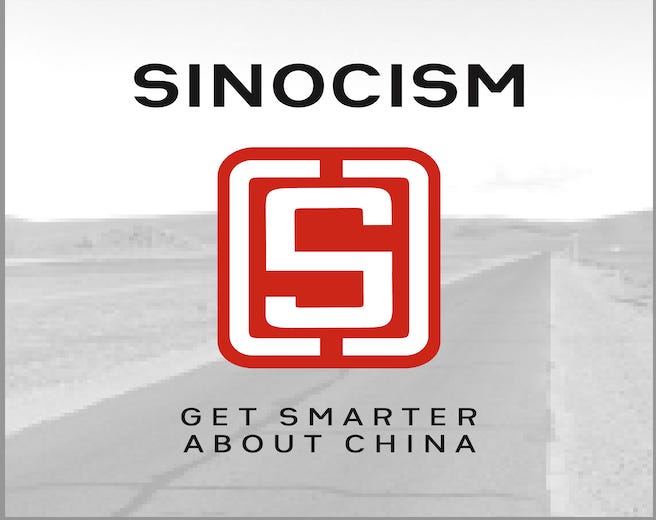Sinocism Podcast #2: Joanna Chiu on her new book China Unbound
Description
Episode Notes:
Today's guest is Joanna Chiu, a long-time journalist covering China from both inside and outside the country, co-founder and chair of the editorial collective 'NüVoices 女性之音', and the author of the new book "China Unbound." She now covers Canada-China issues for the Toronto Star. Joanna, welcome to the podcast.
4:20 on Huawei, Meng Wanzhou and the two Michaels - when the whole Huawei, Meng Wanzhou saga was unfolding, I got so many questions from not just Canadian journalists, but media around the world about what was going on. I think it's surprising to us because we've been in the China-watching bubble, but more broadly, what happened was very shocking for a lot of people all over the world
23:20 people like me and my family aren't fully accepted as Canadians or as Australians or as Americans, it's always like a hyphen, like Chinese-Canadian, Chinese-American. That just plays into what Beijing wants. When people of Chinese descent are taken as political prisoners or get calls from Chinese police saying, "Stop supporting Hong Kong on social media or stop doing this," these people get less attention. They're not taken seriously when they try to report what's happening because unfortunately a lot of people in the West have accepted the CCP's myth that we're still essentially Chinese
36:20 on Canada-China relations - in Canada, the mood after the Michaels returned and the Meng case was resolved is that they really want to go back to business as usual. To not have any kind of plan in place on how to prevent Canadian hostages from being taken in the future. The Prime Ministers office really steering this even though other parts of government was like, "We need some sort of plan, we need some sort of update to foreign policy in general." There's very little political will.
Links: China Unbound on Amazon.
Joanna Chiu’s website
Transcript:
Bill:Hi everyone, today's guest is Joanna Chiu, a long-time journalist covering China from both inside and outside the country, co-founder and chair of the editorial collective 'NüVoices', and the author of the new book "China Unbound." She now covers Canada-China issues for the Toronto Star. Joanna, welcome to the podcast.Joanna:Thank you Bill, thanks for having me on your new podcast, very exciting.Bill:Thanks, yeah you are the second guest, and so I'm really happy to have this opportunity to speak with you. Before we dig into your book, could you tell us a little bit about yourself and how you ended up where you are and doing what you do?Joanna:Okay. I guess my bio is that my family is one of the many who left Hong Kong after the 1989 Tiananmen Square protests because my parents were worried about what would happen going forward. So growing up in Canada, I felt that China was actually part of my whole family story because what happened led to my family uprooting themselves. So I was always really interested in China and studied Chinese history and wanted to return to be a reporter to chronicle what was happening in the country, which I was so fascinated by.Joanna:So I started reporting on the ground in Hong Kong in 2012, covering all the things that happened there including the Occupy to pro-democracy movement in Hong Kong. I moved to Beijing in 2014 and that's where I started covering basically everything in the whole country for European media outlets, including German, Deutsche Presse-Agentur, and AFP (Agence France-Presse). And I guess my career was a bit unique in that I also free-lanced for several stints. So I got to kind of get a sense of what many different jurisdictions and countries wanted to know about China in my time there writing for all sorts of outlets.Bill:Interesting and so I was there until 2015 and I think we overlapped for just about a year. When did you actually leave China to go back to Canada?Joanna:Yeah, I left China in late 2018. I wanted to stay for longer because even seven years on the ground I felt I barely got to scratch the surface of all the things that I could write about in China. Especially because I had such a broad remit where I was a front-line reporter for all of these major events but also could do basically any feature story I wanted. So it was just totally open and I could have stayed there for decades, but I had to go back to Canada. I got asthma from the smog and I think my Canadian lungs just couldn't handle air. I was just like really allergic to Beijing as soon as I landed and I stuck it out for four years. But back in Canada, I felt I would have to move on from my passion and interest in China, but a couple of months after I returned, Meng Wanzhou, a Huawei executive was detained in the Vancouver International Airport. And just over a week later, two Michaels were detained. So definitely I think that was the biggest China story at the time, and it continued to be very impactful around the world.Joanna:So I started covering that and it just led to basically being a reporter for the Toronto Star, focusing on China. And that's what I've been doing since then. I have also been working on my book since early 2019. So not my plan, but definitely the past decade has been very China focused, including my last few years.Bill:It's great, I've always been a fan of your work, and I will say, it's very interesting how many foreign correspondents used to live in China have left the country. Some willingly, some not willingly, but how it turns out how most of them have found jobs covering how China's impacting the world wherever they're now based.Joanna:Mm-hmm (affirmative).Bill:I think that's a good segue into talking about your book because it really is true that the China story is everywhere now. And that's something, I think, you try and capture in "China Unbound." So tell us who you wrote it for, why you wrote it, and what do you hope that the readers take away from it?Joanna:Mm-hmm (affirmative). So when the whole Huawei, Meng Wanzhou saga was unfolding, I got so many questions from not just Canadian journalists, but media around the world about what was going on. I think it's surprising to us because we've been in the China-watching bubble, but more broadly, what happened was very shocking for a lot of people all over the world. They didn't know the context of Beijing's political system and its increasing ... how its authoritarianism translates also into its foreign policy and its stances towards different countries and diaspora groups all over the world. But these things were not just stories I covered, but stories that were close to my life. Because growing up, my father worked for a Chinese-Canadian radio station and people were talking already then about pressure to self-censor, pressure from the Chinese embassy on Canadian media outlets. This was happening in the 90s and people of Chinese descent around the world were trying to have discussions about this, but basically not really getting much traction or broader public attention.Joanna:It did seem ... I will ask you if this is what you felt, but it took two white men from Canada being taken hostage over this high-profile executive's arrest in Canada for a lot of people in the world to be like, "Wait, what's going on? How will Beijing's political system and authoritarianism possibly impact me and my family or my country or my business?" So I wrote this book for basically everyone, targeting the general reader because I really try to be as immediate as possible in my writing. Most of the reporting is eyewitness reporting from myself in collaboration with journalists around the world and looking at how we got to this point. Western countries and China, how we got to this point where it seems like a lot of obstacles that seem insurmountable. All of these tensions, all of these worries.Joanna:I wanted for people to start with this book and then I provided this long reading list at the end so they can continue to be engaging with these issues. Because I feel that we might not have really noticed, but a lot of the narratives around China in the mainstream public have been very very simplified. And that is a disservice to all countries. And especially to the people who end up being targets and whose lives end up being affected by some of these big conflicts going on.Bill:What you said earlier about it really taking two white men, Michael Spavor and Michael Kovrig to get people's attention. It's interesting because these pressures have existed, as you said talking about your father and his experience, but these pressures on the diaspora have existed for decades. They've certainly intensified, and you have multiple instances of ethnic Chinese who are jailed in China, American, Australian, where it didn't seem to kind of capture the national attention the way that the detention of the two Michaels did. And that's unfortunate, but it does feel like the conversation and awareness now has shifted and so there's a lot more awareness that these kind of pressures are existing across all sorts of communities. You can tell me I'm wrong, but the Chinese government has also shifted its approach, hasn't it? Sort of widened its net in terms of how they pressure?Joanna:Yeah, so in the past, you know the united front, a lot of that work of foreign influence in both intimidation and providing carrots and sticks. Flattering global politicians and global members of the elite among the diaspora have been going on, but the most harsh efforts of influence in the past I think were mostly directed at people of Asian descent. It was only in more recent years where the really harsh tactic, the detentions, have been applied to foreign nationals who are not of Asian desce

